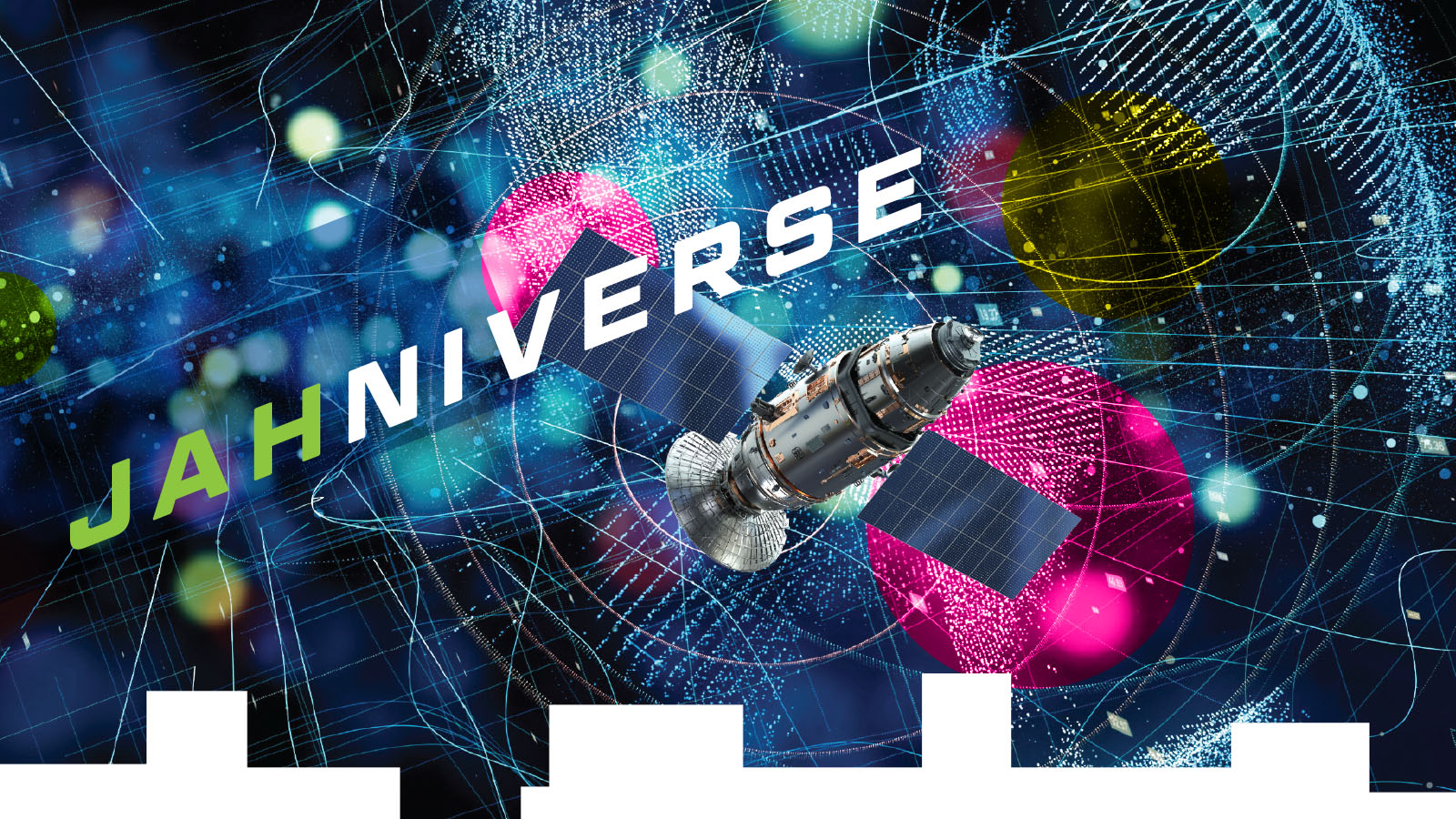Stay Up to Date
Submit your email address to receive the latest industry and Aerospace America news.
The outrage expressed by the Diné, aka the Navajo Nation, during the run-up to last month’s launch of the privately owned Peregrine lunar lander raises a fundamental question: Should the Diné and other tribes within the United States be provided a voice in decisions about which space activities are appropriate?
The tribes must be given that voice, if the U.S. federal government is to abide by the multiple pledges it has made over the last two decades to consult with tribes on matters affecting them, just as it would with the individual states or our foreign allies.
The privately owned lander malfunctioned, prompting the small Pittsburgh company Astrobotic to call off the attempt to land on the moon with payloads that included capsules of cremated human remains from the space memorial companies Celestis and Elysium Space. Before the launch of Peregrine Mission One, Buu Nygren, president of the Diné, expressed the strong displeasure of his people at what they view as the latest assault on the moon, a body that holds a sacred place in their cosmology. Transforming the moon into a resting place for human remains was disturbing and unacceptable to them.
Of the two companies, Celestis reportedly dismissed those concerns before the launch, asserting that the mission would not desecrate the moon but rather celebrate the lives of the departed.
This saga showed a disappointing lack of cultural sensitivity, but the fallout goes beyond that to a core constitutional principle regarding the tribes.
The 16 words of our Constitution’s Commerce Clause actually tell us about much more than commerce. Congress was given the power to regulate trade with three distinct entities: “foreign Nations,” the “Indian Tribes” and the “States” of the United States. In essence, our Constitution treats the tribes as unique entities worthy of the same respect as foreign governments and the governments of the individual states. This is true even though the Diné and other tribes, at this time, are not among the 193 nation-states recognized by the United Nations and United States.
The Diné was not afforded that respect in the Peregrine case, nor when NASA concluded its Lunar Prospector mission of the 1990s by crashing the spacecraft into the moon — nor, as far as I can tell, in 2009 when NASA crashed LCROSS (the Lunar Crater Observation Sensing Satellite) and its upper stage into the moon.
An important difference now should be the advent of the Artemis Accords, a set of principles created by NASA, together with the U.S. State Department, describing how the nations that sign will cooperate and behave in space, including at the moon. These accords specify, inter alia, that if a party might suffer or experience harmful interference as a consequence of an activity, that party should be consulted with.
The accords are just one indication that the Diné should have been consulted in Peregrine and other cases. A U.S. presidential memorandum issued at the start of the Biden administration in 2021 instructed all departments and agencies to consult with tribal officials when developing federal policies that have tribal implications. The memorandum built on the then 20-year-old executive order signed by President Bill Clinton near the end of his administration, “Consultation and Coordination with Indian Tribal Governments.”
The Peregrine mission, though commercial, nevertheless could not have been attempted without funding from NASA and authorization by the U.S. government. All agencies and departments involved in the licensing and authorization of that mission, and those ahead, should be held accountable for adhering to the executive order and the presidential memorandum. This would begin to provide the tribal nations with their constitutionally recognized voices.
After all, the tribes are not claiming ownership of the moon; they are advocating for respect and recognition of their cultural values. The clash between scientific progress and cultural preservation can find a harmonious resolution through open dialogue, respect and an inclusive approach to decision making in the realm of space exploration and commerce.
Those who equate indigenous claims to those of religious groups miss a crucial distinction in their myopic perspective. Indigenous culture, while spiritually based, is not equivalent to a religion or church: It is a perspective expressed by a recognized government. The fact that tribal nations are inextricably linked to their spirituality does not somehow diminish their claim of consultation. Comparing their cultural and governmental identity to a religious group oversimplifies the issue and undermines the constitutional recognition of tribal sovereignty in matters of profound cultural significance.
The Peregrine malfunction that ended Astrobotic’s landing attempt did not make this issue moot. Far from it. There will be more missions with the objective of sending human remains to the moon, and the U.S. and its commercial partners must exhibit a nuanced understanding of the intersection between science and spirituality.
The setback faced by Astrobotic could have a positive outcome if the mission nevertheless serves as a catalyst to ensure that future lunar missions respect and acknowledge the diverse voices that make up the fabric of our nation.
About Moriba Jah
Moriba is a professor at the University of Texas at Austin and chief scientist at Privateer. He helped navigate spacecraft at NASA’s Jet Propulsion Lab and researched space situational awareness at the U.S. Air Force Research Laboratory, and is an AIAA fellow.
Related Posts
Stay Up to Date
Submit your email address to receive the latest industry and Aerospace America news.




